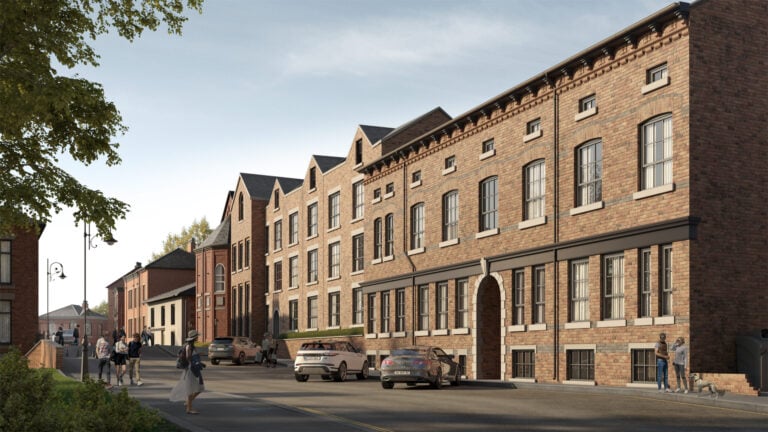The way HMOs are banded for council tax is set to be reformed after a new government consultation, and it’s going to drastically reduce the bill on some properties.
Houses in multiple occupation (HMOs) are properties that are rented out to three or more unrelated tenants, who share facilities such as a bathroom and a kitchen. Often, this property type is let out on a per-room basis, with separate tenancy agreements, which is where the issue of council tax comes in.
In some areas, once a property is classed as an HMO, the Valuation Office Agency (VOA), which is responsible for council tax bandings, issues separate bills to each ‘household’ or tenant within the property, rather than issuing one bill to the whole property. This effectively significantly increases the amount being paid by tenants.
Thanks in part to campaigning by industry bodies like Propertymark and the National Residential Landlords ssociation (NRLA), the government has now opened up a consultation in which it recommends that all HMO properties are given one single council tax band, and the bill can then be shared between all tenants.
There may still be exceptional circumstances where a property is issued with more than one council tax bill, such as where a two-storey HMO has separate living, kitchen, bathroom and sleeping amenities on each floor, as this may be classed as self-contained accommodation.
Huge council tax savings
Council tax is calculated by the VOA based on the price the property would have sold for on the open market on 1 April 1991 in England and 1 April 2003 in Wales. If the property is a new-build, or a newly converted home from a commercial building, the VOA will allocate a band based on information such as size, layout and location.
Every residential property must pay council tax, and in the private rented sector it is normally the tenant who foots the bill. There are exceptions and discounts available, such as for students.
For those HMOs where each individual tenancy is currently required to pay its own council tax bill, the savings could be huge. According to the NRLA, the average HMO tenant currently paying council tax on a single room could save as much as £1,000 a year.
It could also simplify the administrative process, as there will be just one bill issued and one amount to pay, rather than a set of bills.
Simplifying the process for landlords
Ben Beadle, chief executive at the NRLA, said: “We are delighted that the government has listened to NRLA and others and will end the unjust practice of charging council tax on individual rooms.”
He also points out that there could be major benefits for landlords, on top of the financial saving for tenants.
“Not only will it save tenants money, it means landlords will once again be able to let rooms inclusive of council tax, making it easier for renters to budget.
“We look forward to the necessary changes being implemented without delay.”
For HMO tenants in particular, renting out a property with bills included can be a more enticing option. It removes the hassle for the tenant of having to arrange bill payments with the other tenants in the property, whom they may not know, while also ensuring more certainty on their monthly outgoings.
When will the new banding take effect?
According to Propertymark, the new legislation on council tax bandings for HMOs is expected to come into effect by the end of 2023. It could then take around two months for the VOA to complete their aggregation and rebanding of properties.
With an estimated 500,000 HMOs currently in operation across the UK, the changes could affect a large number of landlords, tenants and properties. As the government’s consultation paper points out, the sector is a hugely important and evolving one within the rental industry.
The quality and standard of living within HMOs has been notably improving over recent years, and this has brought a wave of young professionals, particularly those living in or close to major cities, opting for the property type thanks to the social element of sharing a home with others, as well as the cost savings.
The consultation paper adds: “HMOs are also contributing to the regeneration of our high streets, with high quality HMOs being used to provide affordable accommodation for young professionals.”









